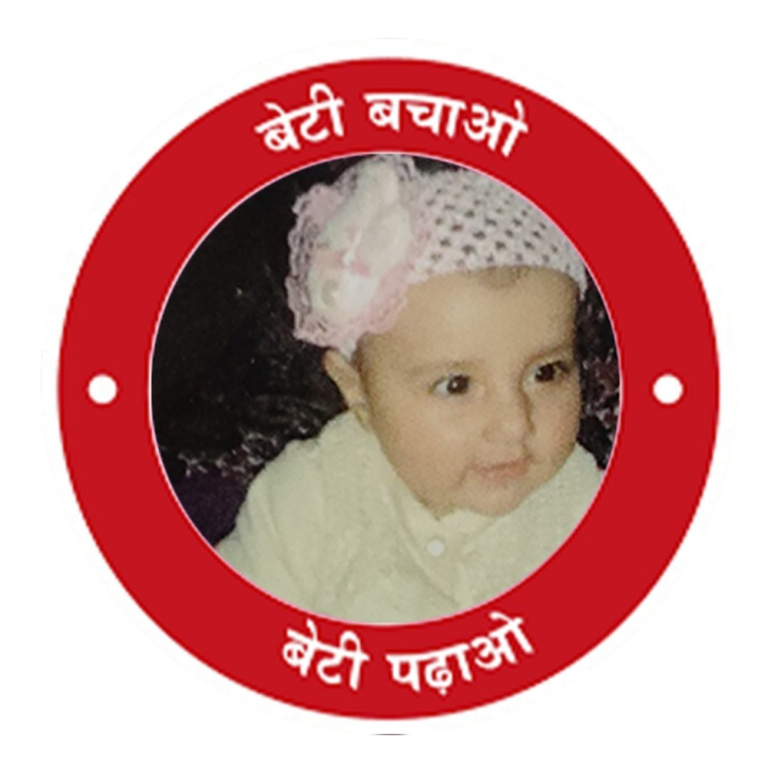Double Marker Test in Pregnancy: Cost, Risks and Importance for Baby’s Health

Dr. Pujil Gulati, IVF Specialist with over 13 years of experience in Assisted Reproductive Techniques BabyBloom IVF Gurgaon
🧷 What Is the Double Marker Test?
The Double Marker Test is a blood test done in early pregnancy.
It helps doctors know if your baby has a chance of genetic problems, like:
- Down syndrome (Trisomy 21)
- Trisomy 18 (Edwards syndrome)
This test does not harm the baby. It only gives a risk score to help parents make the right decision.

🕐 When Is It Done?
🩺 This test is usually done between Week 10 and Week 14 of pregnancy.
It is part of the first-trimester screening process.
🧪 What Does It Check?
The blood test checks the levels of two substances in the mother’s blood:
Test Marker | What It Means |
hCG | A hormone made during pregnancy |
PAPP-A | A protein linked to baby’s growth |
These levels are combined with ultrasound data (NT scan) and mother’s age to find out any risk of genetic problems.
👩⚕️ Why Is It Important?
This test is important because it:
- Helps check for early birth defects
- Tells if the baby is at low or high risk of problems
- Helps doctors guide you better
- Gives mental peace if results are normal
👉 It’s non-invasive, meaning there is no risk to the baby.
💰 What Is the Cost of Double Marker Test?
The cost depends on the city, hospital, and lab. On average:
Location | Approximate Cost (INR) |
Metro cities | ₹2,000 – ₹3,500 |
Small towns | ₹1,200 – ₹2,500 |
✅ Some health insurance policies may cover it — ask your provider.
⚠️ Are There Any Risks?
No, there are no physical risks to the mother or baby.
But remember:
- This is not a final result, it is only a screening
- If your report shows high risk, don’t panic
- You may be asked to take more tests like NIPT or Amniocentesis

🧬 What If the Report Is Positive?
Positive or high risk doesn’t mean your baby is unhealthy.
It just means:
- You need more tests
- Your doctor will explain everything
- You and your family can decide the next steps
👉 A genetic counselor may also talk to you and guide your decision.
✅ How to Prepare for This Test?
You don’t need to do anything special.
- No fasting required
- Just go for your blood test and NT scan
- Relax and stay calm – it’s just a routine check
📝 Summary Table – Quick View
Question | Answer |
What is it? | Blood test to check baby’s risk of genetic issues |
When is it done? | Between 10–14 weeks of pregnancy |
What does it check? | hCG and PAPP-A in mother’s blood |
Is it safe? | Yes, 100% safe for mom and baby |
What is the cost? | ₹1,200 – ₹3,500 depending on city |
What happens if result is high? | More tests like NIPT may be needed |
❓FAQs – Doubts Every Mom Has
Q. Is this test compulsory?
👉 No, but it is highly recommended to detect risks early.
Q. Can I skip the Double Marker Test?
👉 Yes, but then you might miss signs of early problems.
Q. What happens if I miss the time window?
👉 Your doctor may suggest other second-trimester tests like triple marker or quad marker.
Q. Will a positive report mean the baby is unhealthy?
👉 Not always. It only shows chance, not a confirmed problem.
🔚 Conclusion
The Double Marker Test is a safe and helpful way to know about your baby’s health early.
It gives you a head start to manage things if something is not right.
🎯 Remember, a high-risk result is not a final answer – it’s just a signal to check more.
👉 Talk to your doctor. Be informed. Be calm. You’re doing great!
OR If you need any information related to IVF, contact our Babybloom IVF Centre or call us at 9266046700 to clear your doubt.
Write your message:-

Social Media Links :-
Welcome to BabyBloom IVF, where your journey to parenthood is nurtured with care, expertise, and the latest advancements in fertility treatment. Located in the heart of Gurgaon, Babybloom IVF is the Best IVF Centre in Gurgaon & leading fertility center dedicated to helping couples achieve their dreams of starting or growing their families.
Contact Us
Address No.1 I, block, 189, near Baani Square, South City II, Sector 50, (Gurgaon) Gurugram, Haryana 122018
Address No.2 Babybloom IVF, Nursing Home, Civil Rd, Company Bagh, Rohtak, Haryana 124001

Brought Happiness to the world
@BabyBloom IVF All Rights Reserved @2025


